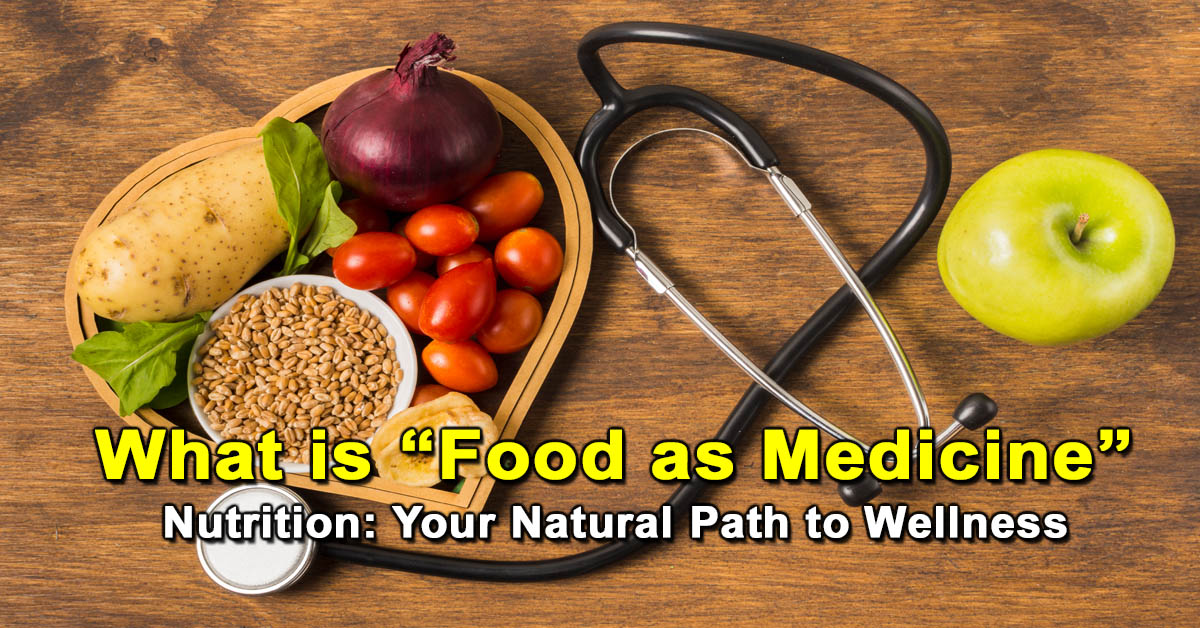Are you feeling overwhelmed by the constant barrage of conflicting nutrition advice? Do you find yourself seeking a sustainable solution to healthy food to eat. This is where the transformative concept of “What is Food As Medicine” steps in, bridging the gap between diet and nutrition. It’s time to shed light on an essential truth – healthy diet impacts our well-being.
Healthy citizens are the greatest asset any country can have
Winston Churchill
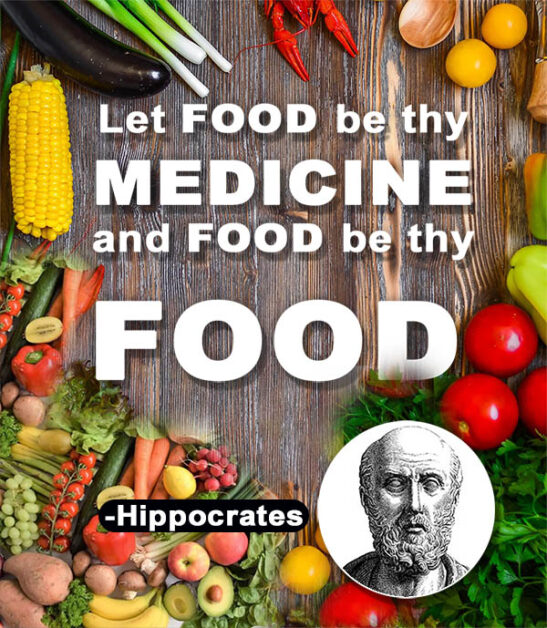
Image by Дарья Яковлева
Exploring the world of nutrition involves understanding the diverse spectrum of food categories, with a focal point on the five food groups. Embarking on a journey toward optimal health and nutrition, the “Eat Well Guide” serves as a compass. Guiding individuals toward a balanced and nourishing approach to eating well.
At the intersection of Balanced Diet and eat well guide is the concept – What is food as medicine. The food on your healthy eating plate has life-changing potential. Join the revolution — discover how real food can be used as a natural remedy to relieve disease and enhance your lifestyle. The power to elevate health is in your diet and nutrition.
Also Read:
- Defeating Rabies Menace: Global Efforts Triumph in Saving Lives!
- Want to Know 7 Healthy Eating Habits: Powerful Balanced Diet Tips
What Is Food as Medicine?
In Ayurveda, food is considered mahabhaisajya, the most superior medicine. Simply put, it means using food to prevent, manage, and treat disease. There is evidence that food can work as medicine. You may have heard, “You are what you eat.” Well, it’s true. The diet and nutrition we consume have a direct impact on our health and well-being. There is no one way to explain the “what is food as medicine” idea, but it usually means putting healty diet at the top of a person’s balanced diet chart with exercise.
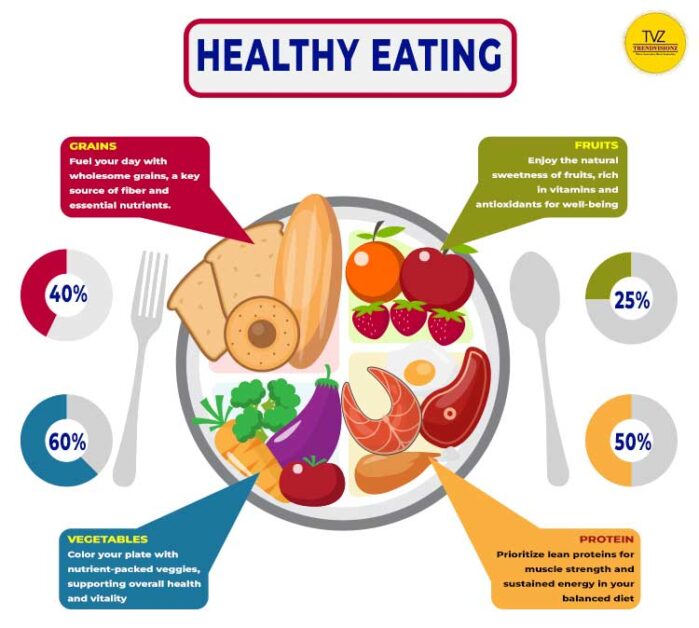
Also Read:
- Top 5 Facts About INS Vagir: All You Need to Know
- Beyond the Myth: Do ‘Functional Foods’ Like Apples Keep Doctors Away?
Enhancing Health Through Nutrition
Food as medicine is a fundamental concept. It’s rooted in the belief that the nourishment to body has a profound impact on our well-being. Definition of Nutrition refers to the intake of food and its impact on one’s health. This approach emphasizes following a balanced diet chart and healthy diet. In order to achieve a balanced diet, it is essential to incorporate foods from the five food groups. Encompassing fruits, vegetables, grains, proteins, and dairy, as each food categories provides unique nutritional benefits. At its essence, eating well is fundamental for preventing, managing, and potentially addressing diverse health conditions.
Nutrition is a Critical Part of Health and Development
WHO
We must be aware of the Importance of Nutrients and Nutrient Metabolism on Human Health. Recognizing the potent health-promoting properties of foods. Harness their natural compounds, vitamins, and minerals to bolster our immune systems. Regulate inflammation, support digestion, and elevate health.
Sarah Downer and her colleagues wrote a report for the healthcare professionals. New attempts to use diet and nutrition. Moern medicine attemps to avoid, manage, and treat diet-related diseases in healthcare systems.
Addressing Global Health Disparities Through Nutrition
Healthy diet is the foundation of good health. But, affordable and healthy food to eat remains inaccessible for many, with grave consequences. Heart disease, Stroke, and Diabetes, are all diet related diseases. These are major causes of death in low-income communities.
- Estimates of World Heart Federation show that almost 2.3 billion children and adults are overweight or obese. If things keep going the way they are, 2.7 billion people could be overweight or obese by 2025.
- FAO‘s report, “The State of Food Security and Nutrition in the World,” says that more than 3.1 billion people, or 42%, would not have enough money to eat healthily. That’s over half of the whole human population!
- According to the Center for Science in Public Health, about 678,000 people die each year in the U.S. from illnesses linked to poor eating and obesity.
Addressing these disparities in access to nutritious food is a critical step. It would modern medicine to improve global health outcomes and reducing the burden of diet-related diseases.
The Growing Need for Food as Medicine
Modern diets high in processed foods, sugar, and refined carbs are the culprits. There has been a skyrocketing increase in obesity, diabetes, heart disease, and other chronic illnesses. The standard American diet makes us sick, and the healthcare system and modern medicine struggles to keep up. The food as medicine aims to harness the natural power of food to enhance health and complement medical treatment. Some hospitals have started “food pharmacies” where doctors prescribe healthy meals and snacks. Medicine food is not a substitute for standard care. It provides an affordable and accessible way for people to take an active role to elevate health and well-being. By making simple changes to diet and lifestyle, we can avoid becoming patients in the first place.
Nourishing Emotions: How Food Enhances Emotional Well-being
Certain medicine foods contribute to emotional well-being by affecting neurotransmitters like serotonin. It is crucial to consider to include food as medicine from the five food groups, recognizing their collective impact on promoting emotional health. Complex carbs, found in whole grains, promote stable blood sugar levels, improving mood. Omega-3 fatty acids in fatty fish support brain health and reduce anxiety. Antioxidant-rich fruits and vegetables combat oxidative stress, benefiting mental health. A balanced diet chart with these elements fosters a positive emotional state and resilience against stress.
How to Find Nutrient Score in Your Diet
Calculate your nutrient score by evaluating your meals’ vitamins, minerals, and macro-nutrients. Use online tools or apps that assign scores to different nutrients based on intake. Aim for a well-rounded score. Include various colorful fruits, vegetables, whole grains, lean proteins, and healthy fats. This approach helps ensure you meet diet and nutrition and elevate health.
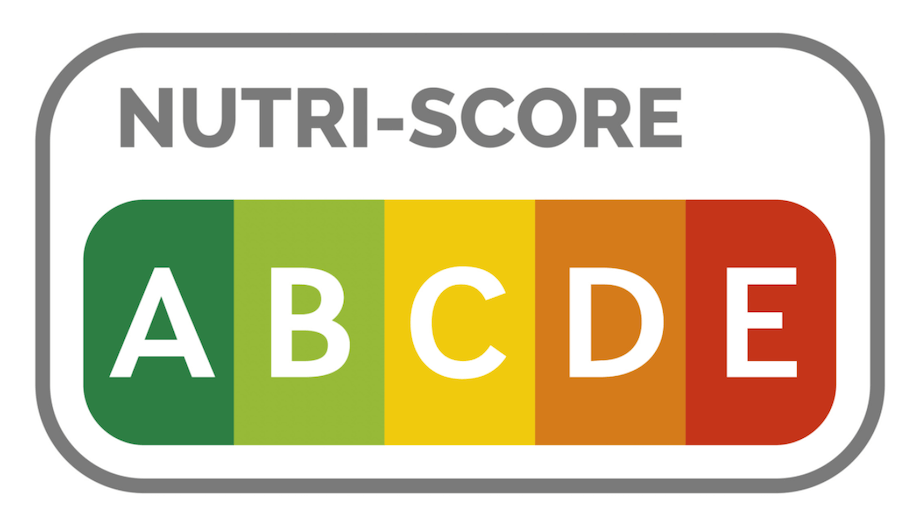
European food manufacturers and institutional caterers are moving toward using the Nutri-Score labeling system to better inform customers about the nutritional content of the products they purchase.
A Holistic Approach to Wellness
Food as medicine takes a holistic view to elevate health. It incorporates both mainstream and alternative therapies. a balanced diet chart serves as a foundational tool, guiding individuals toward comprehensive health. The basic idea is that a balanced, healthy diet to eat. The Healthy Eating Plate is a visual guide that emphasizes balanced and nutritious food choices It can elevate health and well-being. We will delve into the importance of food categories, specifically focusing on the five food groups. Some of the core principles of food as medicine include-
- Focusing on whole, unprocessed foods like fruits and vegetables, whole grains, legumes, nuts, and seeds. These provide fiber, vitamins, minerals, and other beneficial compounds. People with liver disease can improve their blood metabolites by eating more antioxidant-rich vegetables and fruits.
- Choosing organic, sustainable, and locally-sourced ingredients when possible. This reduces exposure to harmful chemicals and supports the local community.
- Staying adequately hydrated by drinking plenty of water and herbal teas. This aids digestion, absorption of nutrients, detoxification, and more.
- Using food to help manage health conditions like diabetes, heart disease, or autoimmune disorders. Nutrition strategies may include anti-inflammatory diets, intermittent fasting, or carbohydrate restriction.
- Considering how foods impact gut health and the microbiome. Fermented foods, prebiotic fibers, and probiotic supplements helps maintain the good bacteria in your gut.
- Staying open to the benefits of herbal medicines, supplements, and alternative therapies. When used properly, they can be safe and effective complements to a healthy diet.
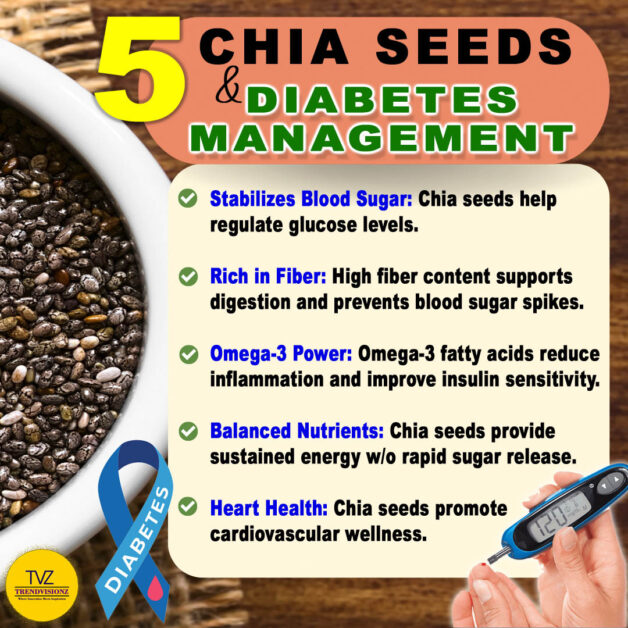
Patients might benefit from suggestions about their diet.
Nourish Your Body and Promote Healing Through Whole Food Nutrition
Embracing a holistic approach, focusing on whole foods and nourishing your body is essential. Unlike quick fixes and trendy diets, whole foods offer a myriad of nutrients. They will work together to promote healing, elevate health and well-being.
Nourish Your Body
In your quest for healing through nutrition, focus on the following whole foods, guided by the “Eat Well Guide.” It provides valuable insights into incorporating a diverse range of diet and nutrition to elevate health and well-being.
Colorful Fruits and Vegetables
These vibrant delights are rich in vitamins, minerals, and antioxidants. That support cellular repair, boost immunity, and combat oxidative stress.
Lean Proteins
Incorporate sources like lean meats, fish, tofu, and legumes into your meals. These protein sources provide essential amino acids for tissue repair. Besides muscle maintenance, and hormone production.
Healthy Fats
Don’t shy away from fats – opt for nourishing choices like avocados, nuts, seeds, and olive oil. These beneficial fats are essential for maintaining a healthy immune, brain, and hormonal system.
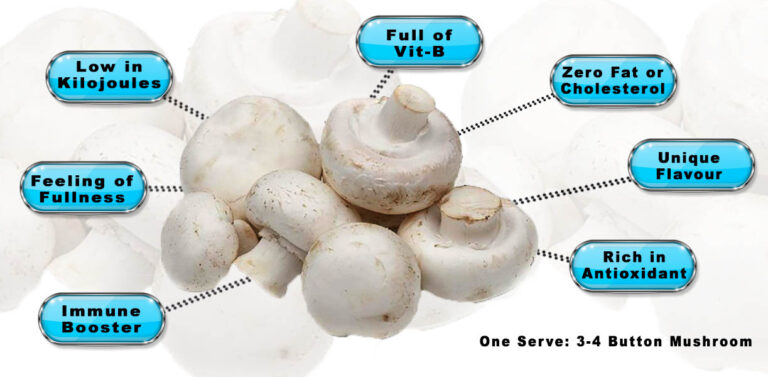
Whole Grains for Holistic Health
Replace white rice, white flour, and white quinoa with healthy grains like brown rice and whole wheat. Packed with fiber, vitamins, and minerals, they provide sustained energy. And aid digestion, and help maintain stable blood sugar levels.
Hydration for Vitality
Adequate water intake is fundamental for detoxification, digestion, and cellular function. Complement your hydration routine with herbal teas, which offer more health benefits.
Mindful Sourcing for Sustainability
When possible, choose organic, sustainable, and locally-sourced ingredients. This reduces exposure to harmful chemicals and supports the local community.
Food as Medicine: Using Diet to Prevent and Treat Disease
Using medicine food to help manage health conditions like diabetes, heart disease, or autoimmune disorders. Modern medicine strategies for diet and nutrition may include anti-inflammatory diets, intermittent fasting, or carbohydrate restriction. Adjustments in eating habits and changes in lifestyle may help reduce inflammation. Remember that your actions as a whole are what matter.
Exploring Alternative Approaches
Staying open to the benefits of herbal medicines, supplements, and alternative therapies. When used properly, they can be safe and effective complements to a healthy diet. Healing your body through eat well guide and balanced diet chart is a gradual journey, not an instant solution. By adopting a balanced, whole-food approach, you provide your body with the essential building blocks it needs to flourish. Always consult a healthcare professional to tailor your healthy eating plate.
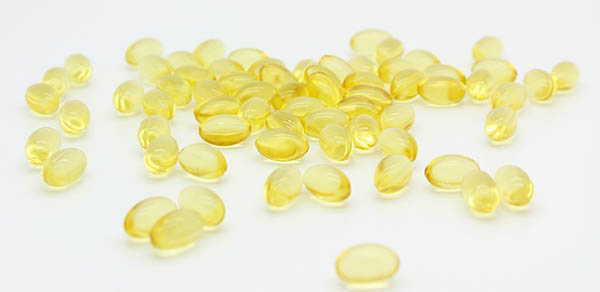
This has to fit your unique needs and circumstances. The core message is simple: the food you eat has the power to harm or heal. So choose to nourish yourself with healthy diet and discover how life-changing good nutrition can be. Your health will thank you for it! Your dedication to holistic well-being will pave the way for a healthier, happier you.
How can I maintain an optimal balance of good bacteria in the Gut?
Modern medicine focusses to understand the importance of Prebiotic diet. To maintain a healthy gut microbiome, focus on a fiber-rich diet with fruits, vegetables, and whole grains. Include probiotic foods like yogurt and kefir and consume prebiotics found in garlic, onions, and oats. Cut stress, avoid overuse of antibiotics, and stay hydrated. These healthy diet practices nurture beneficial bacteria for gut health.
The Benefits of Using Food as Medicine
Your helthy diet has a direct effect on your health and wellbeing. When you use food as medicine, you can experience some fantastic benefits.
Reduced Disease Risk
Eat a balanced diet with lots of whole foods like fruits and vegetables. Whole grains, and lean proteins can help lower your risk of chronic diseases. A diet high in processed foods, sugar, and red meat associates to increased disease risk.
Improved Gut Health
Your gut microbiome contains trillions of bacteria that impacts and elevate health. A healthy diet high in fiber, probiotics, and prebiotics feeds the good bacteria in your gut. This can improve digestion. Also boost your immunity, and even impact your mood and mental health.
Increased Energy
Following a balanced diet chart with moderate portions provides your body with a steady stream of nutrients to power you through the day. This helps prevent energy crashes from sugar highs and lows. Staying hydrated and eating protein with each meal also boost your energy levels.
Better Sleep
Healthy food to eat like fatty fish, nuts, seeds, and tart cherries contain compounds like omega-3 fats, melatonin, and tryptophan. They help you fall asleep faster and sleep more soundly. Limiting caffeine, sugar, and screen time before bed will also support better sleep.
Healthier Weight
A balanced diet with appropriate portions helps you achieve and maintain a healthy weight. When you focus on whole foods, you naturally eat fewer calories but feel more satisfied. This makes it easier to avoid overeating and supports weight loss when needed. Using food as medicine and eating well is the foundation for lifelong wellness.
Compare your BMI to what is considered good for your age group
BMI Calculator
| Measurement System: |
|---|
| Weight: | |
|---|---|
| Height: |
For informational purposes only, use this BMI calculator. Before making choices about your health, consult a healthcare professional. BMI is just an indirect measure of health risk
Learn the Secrets to Bifurcate your Food Options
Unlock the secrets to food categories to eat and make informed dietary decisions. By understanding your nutritional needs from five food groups, you can tailor your healthy eating plate for optimal well-being. Explore the principles of part control, nutrient density, and balanced macronutrient distribution.
Differentiate between nourishing whole foods and processed options. Embrace mindful eating to align with your goals, whether weight management, energy boost, or vitality. Cultivate the skill of discernment to empower yourself with the knowledge. Bifurcate your healthy diet into those that serve to elevate health and those that hinder it.

Embracing Healthy Diet Habits: Five Effective Methods
- Cultivate awareness of hunger and satiety cues. Eat, savoring each bite to avoid overeating and promote better digestion.
- Focus on whole foods: fill half your plate with colorful vegetables. A quarter with lean proteins, and the remaining quarter with whole grains or starchy vegetables.
- Opt for nutrient-dense snacks. Fruits, nuts, or yogurt to curb cravings and sustain energy throughout the day.
- Drink plenty of water to stay hydrated. Support metabolism, and prevent unnecessary calorie consumption, often mistaken for hunger.
- Prepare meals ahead to avoid impulsive choices. Plan balanced menus, make grocery lists, and batch cook for healthier, stress-free eating.
What to Consume and Avoid in Your Diet
Eating right involves making conscious choices. Include fruits, vegetables, lean proteins, whole cereals, and healthful fats in your diet. These support overall health, immunity, and vitality. Avoid or limit highly processed foods, sugary snacks, and sugary beverages. They often lack essential nutrients and contribute to weight gain and health issues. The landscape has transformed in the ever-expanding realm of milk alternatives, offering a rich tapestry of options beyond traditional cow’s milk.Reduce excessive consumption of saturated and trans fats, sodium, and refined carbohydrates. Moderation is key when it comes to indulging in treats or fast foods. By focusing on whole, nourishing options and minimizing harmful choices, you pave the way for a healthy food to eat.

🎁 FREE GIVEAWAY
Download your FREE PPT & PDF Guide on FOOD AS MEDICINE. Uncover the healing potential of your plate and enjoy a journey to better health. Share the goodness with friends and family too!
Click on the link for Free PPT Download
Limitations of Food as Medicine
While powerful, food as medicine has limitations. It may not replace all medical interventions, especially in severe conditions. Nutritional needs vary; what works for one might not for another. Proper diagnosis and professional guidance remain essential for comprehensive health management.
FAQs: What is Food as Medicine
You probably have a lot of questions about using food as medicine. Here are some of the most common FAQs to help get you started:
Do I have to overhaul my diet completely?
Not necessarily. Small, gradual changes to your diet and lifestyle can significantly impact your health. Add more whole foods like fruits, vegetables, lean proteins, and whole grains. Reduce your consumption of refined, sugary, and unhealthy lipids. Stay hydrated and exercise regularly. Concentrate on progression, not perfection.
How can I ascertain if dietary supplements are needed
Consider dietary supplements- If your diet lacks essential nutrients. Or if you have specific health conditions or restrictions, or your healthcare provider recommends them. Always prioritize a balanced diet. Consult a professional before adding supplements to address your individual needs.
How does food as medicine work?
The foods you eat directly impact your health and the functioning of your body and mind. Diets high in whole foods and nutrients- Regulate hormones. Reduce inflammation, Improve digestion, Boost immunity. Sharpen brain function, Increase energy levels, Strengthen your body from inside. Using food as medicine is a holistic approach to health and wellness.
Conclusion
Conclusion
The fact that diet and nutrition go together shows how important it is to pay attention to healthy food to eat. We can use food to improve our health with balanced diet chart. Eat nutrient-dense whole foods, prioritizing balanced meals, and considering each person’s nutritional needs. “Eat Well Guide” underscores the significance of making informed and health-conscious choices in our eating habits.
While medicine food offers tremendous benefits, it’s essential to acknowledge its limitations. Particularly in complex medical conditions. Striking a harmonious balance between dietary wisdom and expert medical guidance is key to elevate health.
Making choices based on facts and taking a whole-person approach gives us the power to unlock energy, resilience, and life. Recognizing and incorporating food categories from the five food groups—fruits, vegetables, grains, proteins, and dairy. Ensures a well-rounded and balanced approach to nutrition. It supports overall health and promoting a foundation for a wholesome lifestyle.
Enhancing our quality of life and embracing a brighter future of wellness.
Our Digital Imprints:
Anuj Mahajan is a Mass Communication Specialist,
ICF Certified Coach & Corporate Trainer. Motivational Speaker / NLP Lifecoach.
Chief Operating Officer: Nuteq Entertainment Pvt Ltd, and
Co-Founder: Trendvisionz – A Premier Digital Marketing Agency in India
Get Connected to us with our Newsletters-
Transforming Lives… Creating the magic. Just – Believe ~ Practice ~ Perform
BizTech Chronicle… Navigating Tomorrow’s Tech Frontiers 🚀
Join my LinkedIn Group: Digital Marketing, Content Creation World Group
Follow me on Twitter or LinkedIn. Check out my website.
